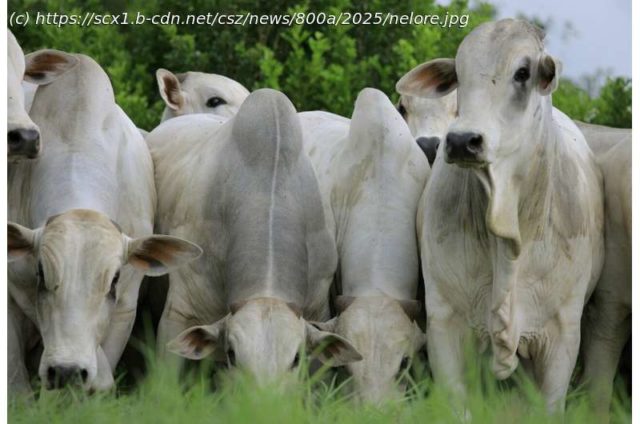One of the pillars of the Brazilian economy and one of the sectors responsible for the highest greenhouse gas emissions, beef production in Brazil, as it is currently practiced, emits more than twice the limit needed to meet international environmental targets. This is one of the conclusions of a study published in the journal Environmental Science and Pollution Research.
One of the pillars of the Brazilian economy and one of the sectors responsible for the highest greenhouse gas emissions, beef production in Brazil, as it is currently practiced, emits more than twice the limit needed to meet international environmental targets. This is one of the conclusions of a study published in the journal Environmental Science and Pollution Research.
The work includes an evaluation of projected emissions scenarios, along with an economic assessment. The researchers calculated that the sector’s emissions could range from 0.42 to 0.63 gigatons of CO2 equivalent (GtCO2e) by 2030, while the limit for meeting the Nationally Determined Contribution (NDC) target would be 0.26 GtCO2e. On the other hand, mitigation strategies along the production chain could prevent losses of up to USD 42.6 billion and ensure greater competitiveness.
The NDCs are the commitment that countries made in the Paris Agreement, signed in 2015, and which will be reviewed this year leading up to COP30 (United Nations Climate Change Conference) in Belém, in the Brazilian Amazon.
The commitment includes emission reduction targets for countries, with guidelines for transforming the development model, covering all sectors of the economy. The global objective is to limit the increase in the planet’s average temperature to 1.5 °C compared to the pre-industrial period (between 1850 and 1900).
This limit, however, is being put at risk—2024 was the hottest year in history, with an average global temperature increase of 1.55 °C, according to the World Meteorological Organization (WMO).
The study was based on the NDC in force until 2024—a 43% reduction in emissions by 2030 compared to 2005 levels. In November, Brazil submitted its new contribution to the United Nations Framework Convention on Climate Change (UNFCCC), committing to reduce net greenhouse gas emissions by between 850 million and 1.
Домой
United States
USA — IT Beef production emits more than twice the greenhouse gas targets, Brazilian study...






